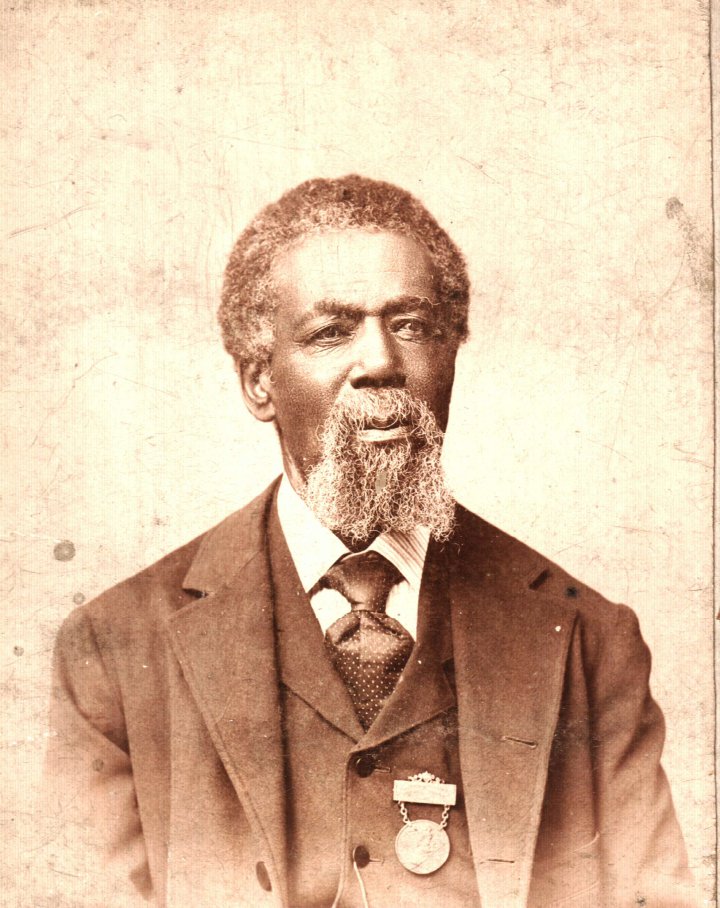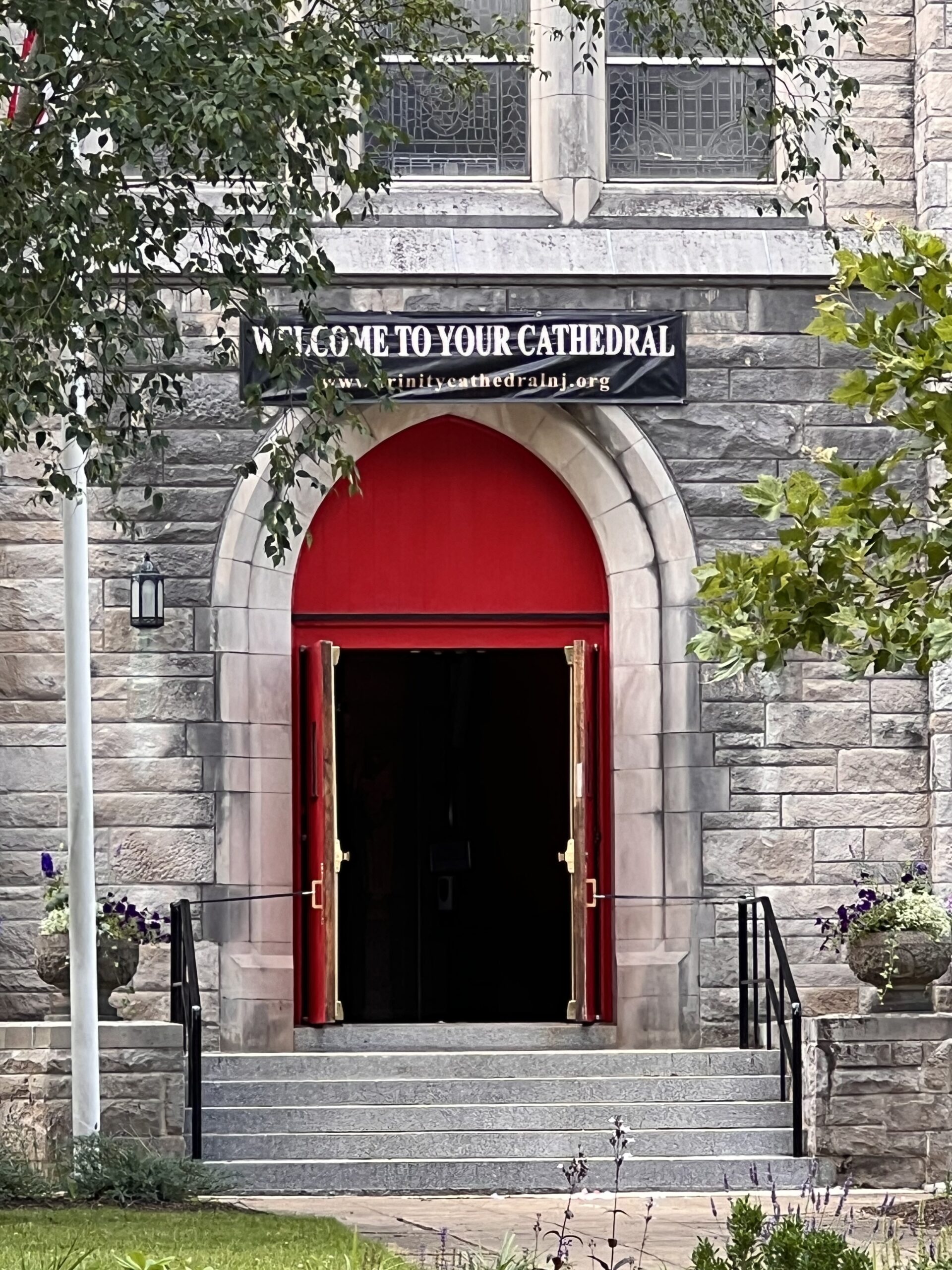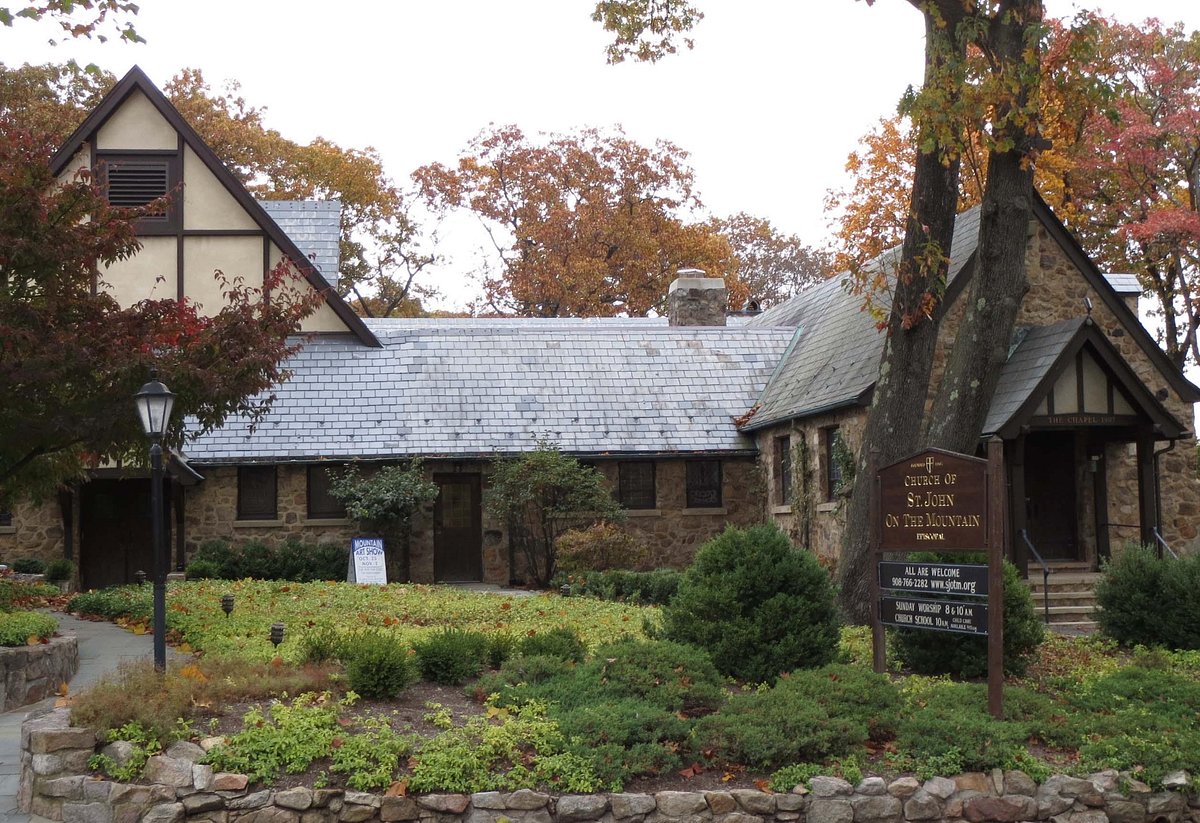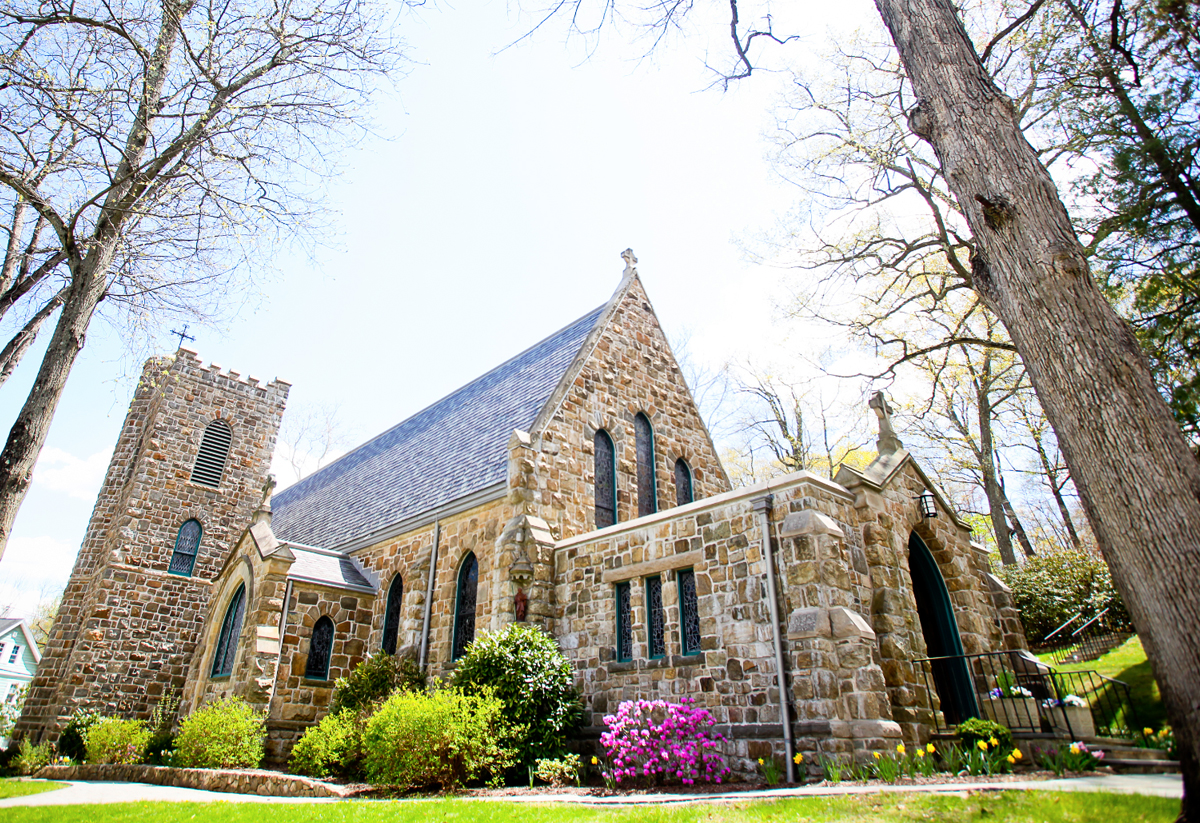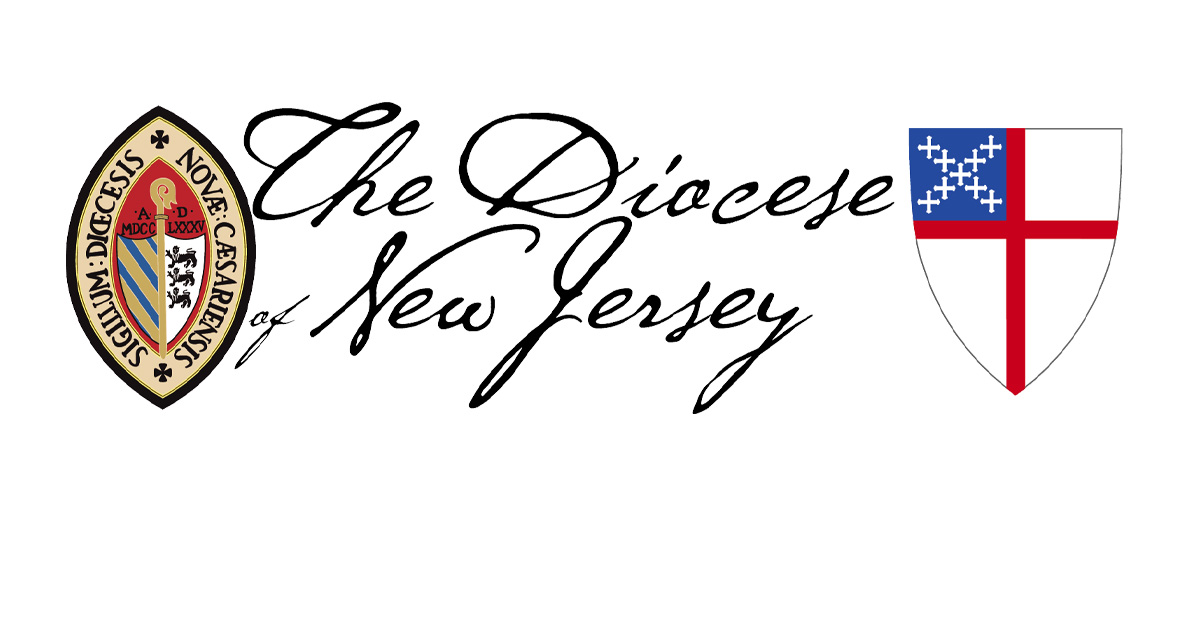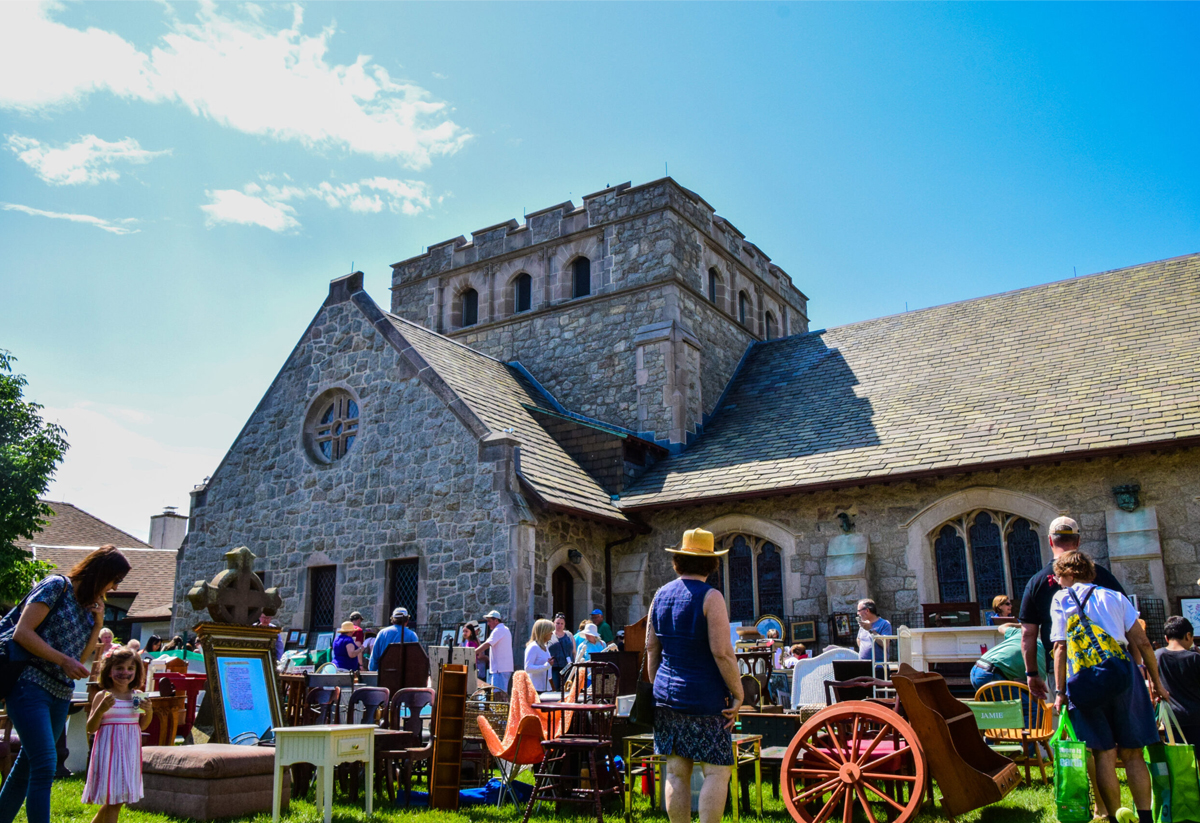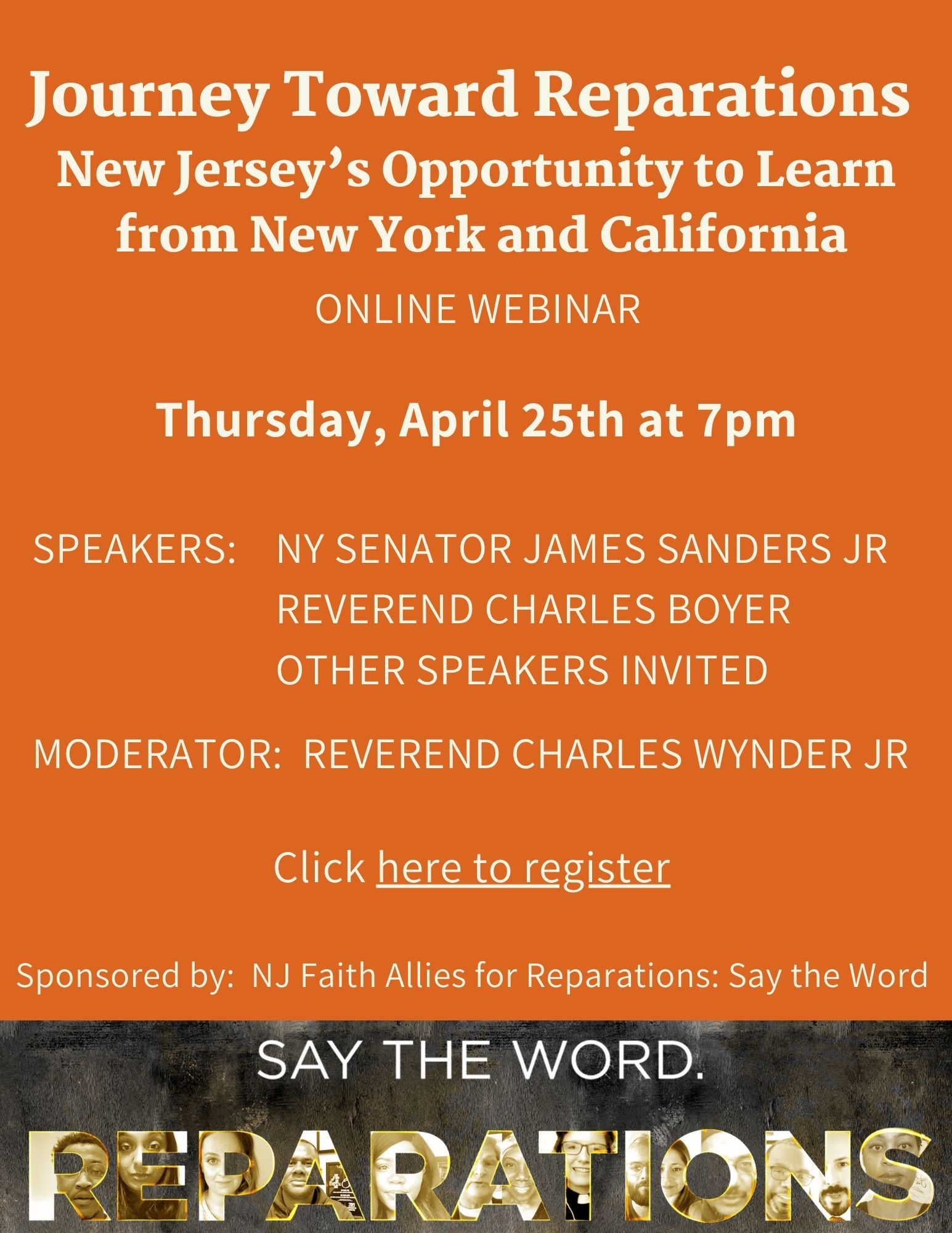Dear People and Friends of the Diocese of New Jersey,
“In everything do to others as you would have them do to you; for this is the law and the prophets.” Matthew 7:12
The House of Bishops met virtually September 21–September 23. Originally, this meeting had been planned as an “in-person” meeting in St. Louis, Missouri. Given high COVID19 infections, and especially the “Delta variant” in Missouri and throughout much of the country, and aware that bishops would need to have travelled, not only from around the country, but also from around the world (we are an international church with dioceses in Europe, South and Central America, Haiti, the Dominican Republic, Cuba, and Taiwan), the Presiding Bishop and his staff made the decision to “go virtual.” We experienced worship, plenary sessions and meetings of smaller table groups.
During the course of this meeting, the House of Bishops’ Theology Committee presented a paper titled “Reparations and Beloved Community.”[1] In many ways, this was a natural follow-up to a report presented by the House of Bishops’ Theology Committee last year: “White Supremacy, the Beloved Community, and Learning to Listen.”[2] As the Committee recognized and stated in that first paper:
White supremacy is not the only grave sin that the church must address, but as our deliberations clearly indicated, at this moment in our history, it is the most salient and pressing issue we face, and a deeply entrenched and pervasive obstacle in our common life.”[3] This continues to be true.
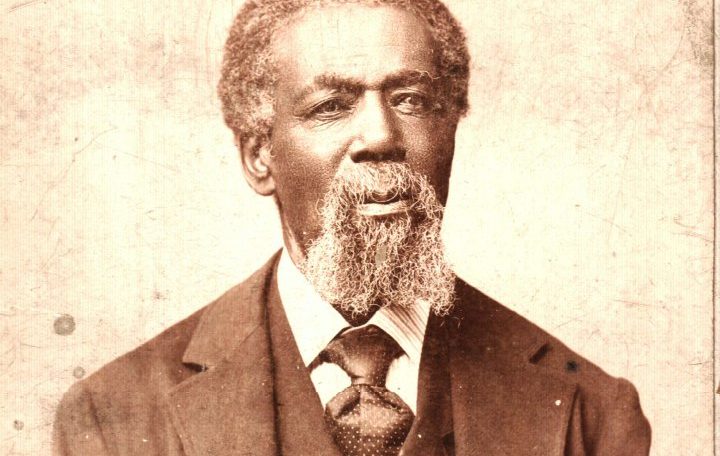
Increasingly, institutions across the country are beginning to recognize that one means of addressing, confronting, and overcoming the obstacles of White Supremacy is through intentional work at “Reparations.” The word “reparations” comes from the word “repair.” The intention of reparation efforts is to heal the breach that exists between people because of the history of White Supremacy and all of its tragic outgrowths: transatlantic slavery, Jim Crow laws, and historic segregation and up and through contemporary efforts at voter suppression. It is also to uncover the insidious ways these historic practices have infiltrated all our social, political, and economic systems thereby perpetuating inequity and injustice.
As a work of the Church, reparations efforts and initiatives are part of our core mission, that is, “to restore all people to unity with God and each other in Christ” (Book of Common Prayer, p. 855). Reparations work is certainly called for by our Baptismal identity and promises that demand we “persevere in resisting evil, and whenever we fall into sin, repent and return to the Lord;” that we “strive for justice and peace among all people and respect the dignity of every human being,” and that we “seek and serve Christ in all persons, loving our neighbor as ourself.”[4]
Occasionally, some will suggest that the anti-racism work we do in the diocese, or my advocacy for reparations efforts, is “political.” Those who say this imply that God doesn’t care about our politics—that is, about how we as a society organize our “polis”—the fairness of its laws, the distribution of its wealth, and the allocation of its benefits. Just the opposite, my working assumption is that God cares about our politics just as God cares about our whole creation. The anti-racism work we do, the reparations work we as a church support and advocate for, are, in fact, a matter of the Gospel of Jesus Christ and the mission of reconciliation he has entrusted to us. The House of Bishops Theology Committee recognizes this, writing:
Reparations is a matter of faith. It reflects the faith community’s steadfast efforts to foster a “Beloved community.” As such, faith communities are obliged to implement a program of reparations that not simply looks back, but decidedly pushes forward. Reparations, therefore, must involve more than compensating or apologizing for past harms. Instead, they must chart a discernible pathway toward the Beloved Community. In short, faith communities are essentially compelled to sustain a program of reparations that denounces the realities of a sinful past and acknowledges the impact and effects on the present, while transforming present systems and structures, so to construct an equitable and just future. In the end, reparations are nothing less than an act of repentance, for they entail looking back in order to turn around and do something different. And so it is, reparations are fundamental to the very Jesus Movement to which we have been called—as seen in Jesus’ call to “repent” for those who would follow him (Matthew 4:17). Reparations, therefore, are for us a theological imperative.[5]
In 2006, The General Convention of The Episcopal Church passed Resolution 2006–C011, which stated:
Resolved, That the 75th General Convention, affirming our commitments to become a transformed, anti-racist church and to work toward healing, reconciliation, and a restoration of wholeness to the family of God, urge the Church at every level to call upon Congress and the American people to support legislation initiating study of and dialogue about the history and legacy of slavery in the United States and of proposals for monetary and non-monetary reparations to the descendants of the victims of slavery.
To be clear, the call for the study of, and dialogue about, the history and legacy of slavery in the United States and the call for reparations is the official position of The Episcopal Church. As a bishop of this Church, I am not only doing that which I believe the Lord commands–the mission of reconciliation—I am also doing that which I, by my ordination promise, have committed myself to, namely “conforming to the doctrine, discipline and worship of The Episcopal Church.”
Toward this end, by action of our Diocesan Convention, we created our own Reparations Task Force who have commenced this work for us as a diocesan community.[6]
In addition, and in response to Resolution 2006–C011, I am working with others in the diocese and in the State of New Jersey, including the New Jersey Institute for Social Justice, to organize an “action” directed at Assembly Speaker Craig Coughlin to urge him to bring Bill A711 before the State Assembly. Passage of New Jersey Assembly Bill A711, and its counterpart S322 in the Senate:
“An Act establishing the ‘New Jersey Reparations Task Force’ to conduct research and develop reparatory proposals and recommendations to address the generational harms caused by New Jersey’s role in America’s institution of slavery and its legacy of systemic racial discrimination.” accomplished exactly what The Episcopal Church’s Resolution 2006 C-011 calls for, namely, legislation initiating study of and dialogue about the history and legacy of slavery in the United States and of proposals for monetary and non-monetary reparations to the descendants of the victims of slavery.
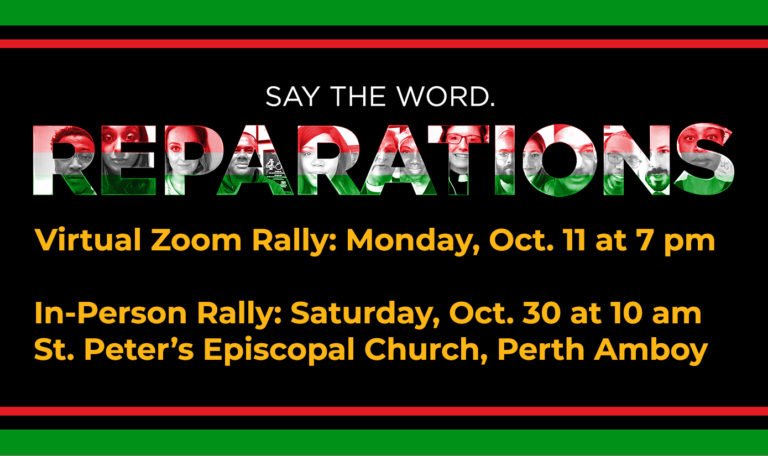 I invite and urge all Episcopalians in the Diocese of New Jersey and our friends to join us for this action which will take place in two parts. The first will be a “Virtual Action” at 7:00 PM on October 11. The ‘In-Person” Action will be a rally that will take place at 10:00 AM at St. Peter’s, Perth Amboy on October 30th. St. Peter’s was chosen in part because it is a “Royal Charter Church” organized in 1698 and chartered in 1718, therefore going back to New Jersey’s own history with slavery. St. Peter’s Churchyard is also the burial site of Thomas Mundy Peterson, the first African-American to vote in the United States following passage of the 15th Amendment to the Constitution.
I invite and urge all Episcopalians in the Diocese of New Jersey and our friends to join us for this action which will take place in two parts. The first will be a “Virtual Action” at 7:00 PM on October 11. The ‘In-Person” Action will be a rally that will take place at 10:00 AM at St. Peter’s, Perth Amboy on October 30th. St. Peter’s was chosen in part because it is a “Royal Charter Church” organized in 1698 and chartered in 1718, therefore going back to New Jersey’s own history with slavery. St. Peter’s Churchyard is also the burial site of Thomas Mundy Peterson, the first African-American to vote in the United States following passage of the 15th Amendment to the Constitution.
Are these “political actions?” Yes. Are they partisan? No. These actions and these questions should be embraced by all people of faith and good will. They are profoundly moral actions and responses commanded by the Gospel of Jesus Christ who said, “In everything do to others as you would have them do to you; for this is the law and the prophets.”
God bless you and keep you.
Faithfully yours in Christ,

The Right Reverend William H. Stokes
12th Bishop of New Jersey
________
Notes
[1] Baskerville-Burrows, Jennifer, Benfield, Larry R. et.al. “Reparations and Beloved Community – A report from Theology Committee of the House of Bishops for its September 2021 gathering” – Mailed to members of The House of Bishops on September 10, 2021.
[2] Breidenthal, Thomas E., Ahrens, Laura et. al. “Report for the House of Bishops from its Theology Committee: White Supremacy, the Beloved Community, and Learning to Listen” presented to the House of Bishops of The Episcopal Church – September 2020 and found at https://livingchurch.org/2020/09/23/house-of-bishops-reflects-on-white-supremacy/
[3] Breidenthal, etc. – art.cit.
[4] See Book of Common Prayer (1979), pp. 304-305.
[5] Baskerville-Burrows, etc - art.cit. .
[6] See Resolution 2020-3 of the Resolutions passed by the Diocese of New Jersey at the 236th Diocesan Convention held virtually on November 14, 2020 and found at https://s3-us-west-2.amazonaws.com/dioceseofnj/wp-content/uploads/2020/12/2020-Resolutions-as-Passed.pdf

